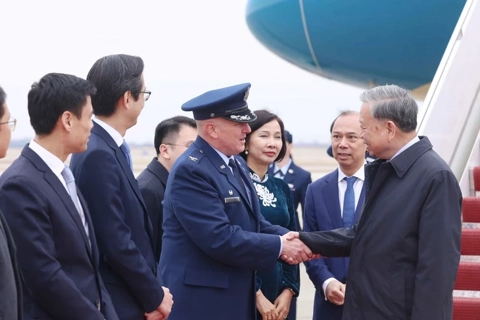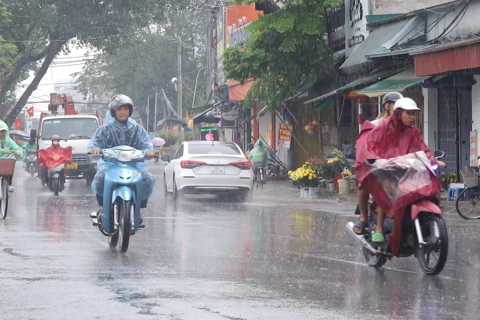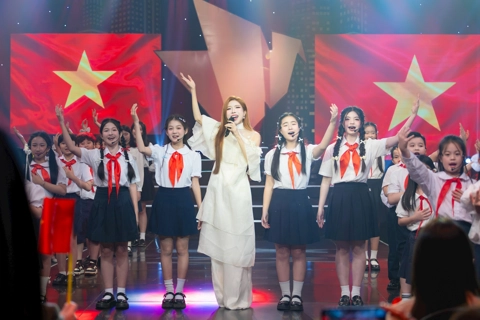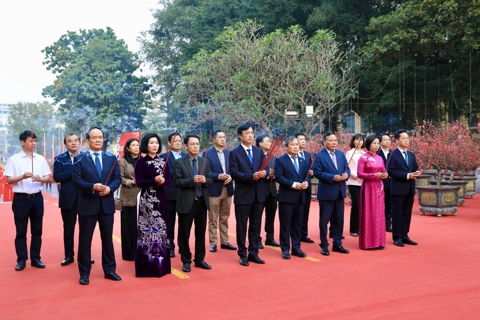Vietnam, China Communist Parties have special bond: Carl Thayer
Both general secretaries of the two communist parties are committed to party-building and anti-corruption.
The Communist Party of Vietnam (CPV) and the Communist Party of China (CPC) have a special bond that binds the top leaders together, said Carl Thayer, Emeritus Professor at the University of New South Wales (UNSW), Canberra.
| General Secretary of the Communist Party of Vietnam Nguyen Phu Trong arrives in Beijing on Oct 30. Photos: VNA |
Both leaders are committed to party-building, anti-corruption, and a socialist economic system. The specialist on Southeast Asia and the South China Sea told The Hanoi Times, commenting on the ongoing visit paid to China by CPV’s General Secretary Nguyen Phu Trong from October 30 to November 1.
General Secretary Nguyen Phu Trong’s visit to China, at the invitation of his counterpart General Secretary Xi Jinping, is "enormously vital as Vietnam tries to maintain its strategic autonomy amidst heightened tensions among the major powers."
According to the professor, Xi and Trong are true believers in ideology and party-building. They have both chosen to tackle corruption based on their national situations. Therefore, this is primarily a meeting between party general secretaries and party-to-party relations.
Regarding the three-day visit, Prof. Thayer said that the timing of General Secretary Xi’s invitation to his Vietnamese counterpart so soon after Xi was re-elected suggests that the two sides had already discussed and approved the timing of this visit.
He said the critical item on the agenda is the future trajectory of party-to-party relations and mutual assurances that both sides are committed to socialist solidarity.
China and Vietnam have already agreed to the fundamental principles to guide the settlement of maritime disputes. Currently, they have three working groups to discuss maritime-related issues.
Vietnam will maintain the status quo and continue discussions by three specialist maritime working groups.
Concerning bilateral relations, Prof. Thayer said: “The structure of bilateral relations has been in place for a long time and is tried and tested.”
Bilateral relations will continue to be conducted through the Joint Steering Committee, which meets annually on an alternating basis. Also, the annual friendly border exchanges and meetings between defense ministers will continue. There are some hot lines in place to confer should circumstances dictate.
Concerning General Secretary Nguyen Phu Trong, Prof. Thayer emphasized: “Trong has spent his entire life promoting party-building to ensure that a stream of qualified and clean (non-corrupt) cadres can take office in an orderly process of generational change.”


.jpg)










